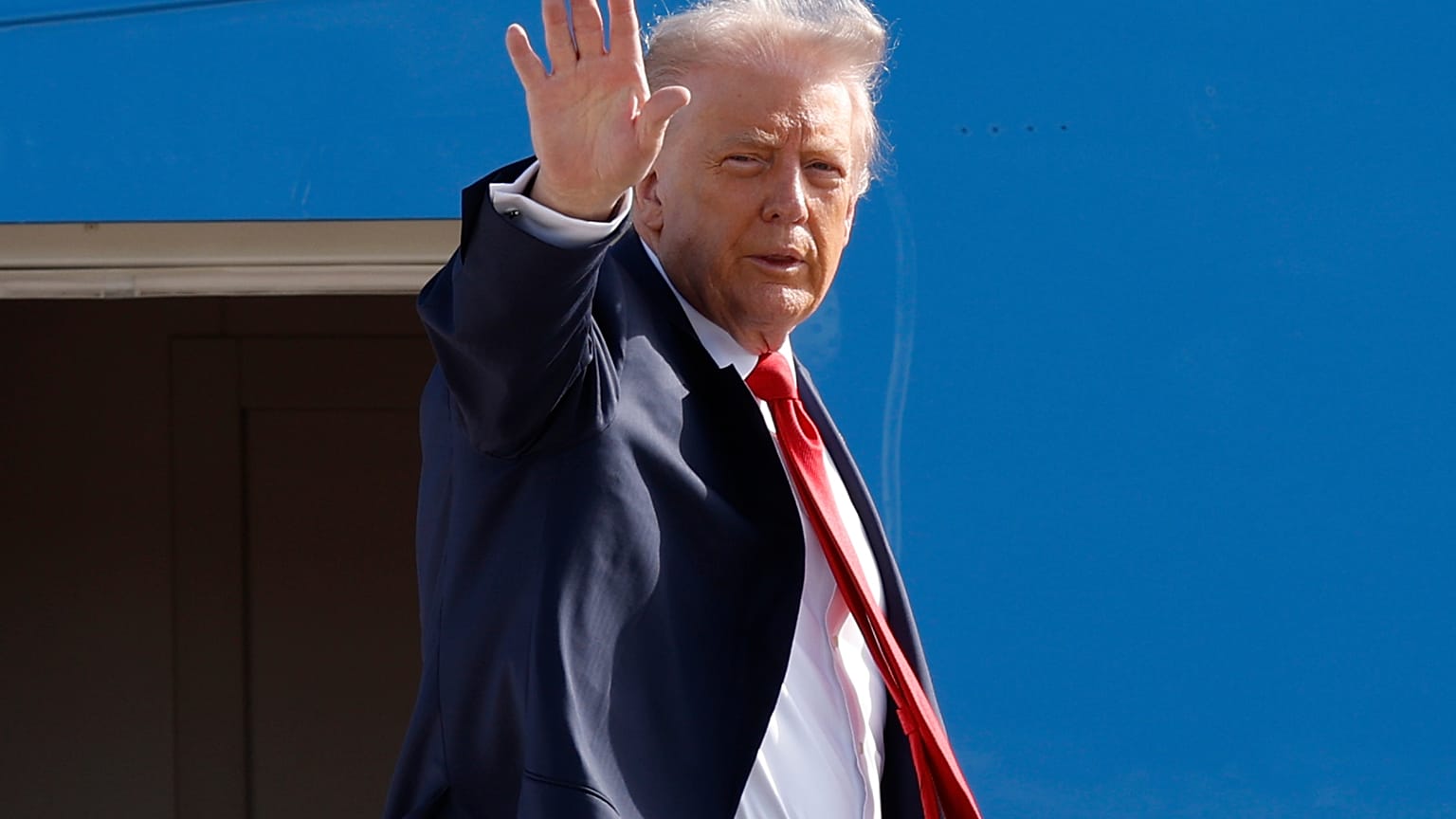In a dramatic turn of events, the President of Indonesia has made significant policy concessions following a series of deadly protests that forced the cancellation of a planned diplomatic visit to China. The unrest, which erupted across multiple cities, highlighted deep social and economic grievances, prompting the government to reconsider its approach to domestic policy and international engagements. The incident underscores the delicate balance Indonesia faces as it navigates internal pressures while maintaining its role on the global stage.
The demonstrations commenced earlier this week and swiftly intensified into fierce confrontations between protesters and law enforcement. People gathered in the streets to voice their discontent regarding increasing living expenses, recent economic policies, and an alleged lack of government attention to public well-being. In various locations, the protests became fatal, resulting in numerous deaths and hundreds of injuries. The severity of the protests, alongside increasing public anger, rendered it unfeasible for the president to attend the scheduled summit in China, which was aimed at enhancing bilateral trade and investment relations.
Analysts observe that canceling the summit visit stands out as an uncommon example of swift policy adjustment due to internal turmoil. By postponing the journey, the president demonstrated the gravity of the national situation and placed more importance on addressing the public’s issues than on international diplomatic engagements. This decision highlights the realization that public backing is crucial for enduring political stability and economic growth in a nation as varied and populous as Indonesia.
The measures declared by the president consist of actions designed to lessen the financial strain on families, focusing mainly on communities with lower incomes. These actions incorporate temporary aid for essential products, modifications to fuel costs, and an examination of debated economic changes that had triggered the first wave of protests. Authorities have stressed that these initiatives aim to show a commitment to public opinion and rebuild confidence between the government and its citizens.
Beyond immediate economic relief, the administration has pledged to engage in broader consultations with civil society groups, labor unions, and regional leaders to ensure that future policies reflect a more inclusive decision-making process. This approach aims to prevent further unrest by creating channels for dialogue and collaboration, giving citizens a direct voice in shaping economic and social reforms.
The cancellation of the China summit, while significant diplomatically, also carries implications for Indonesia’s foreign policy strategy. China is a major trading partner and investor in Southeast Asia, and the visit had been expected to solidify agreements on infrastructure projects, trade deals, and strategic cooperation. By postponing the trip, Indonesia temporarily delays these negotiations, which could affect timelines for ongoing initiatives such as port development, energy projects, and technology collaborations. However, analysts suggest that the government’s domestic stability measures are likely to enhance its negotiating position in the long term, demonstrating a commitment to a stable, well-governed environment.
Public feedback regarding the president’s compromises has been varied. A number of individuals see the policy changes as a favorable move towards tackling structural disparities and making sure that the economic development advantages reach a wider portion of the populace. Conversely, some people are doubtful, wondering if these actions are enough to address the fundamental sources of general dissatisfaction. Social media sites have become arenas for discussion, showcasing the nation’s wide range of perspectives and the active participation of Indonesians in civic matters.
The duties of police and emergency services have also faced examination. Authorities were sent to manage order during the protests, but allegations of undue force have led to demands for increased transparency and change. Civil rights groups have stressed the importance of measured actions that safeguard public security while respecting the right to peaceful protest. These conversations are anticipated to shape forthcoming plans for managing civil disorder and ensuring that demonstrations stay peaceful.
Economists caution that the demonstrations and resulting policy adjustments could lead to temporary economic impacts, such as market fluctuations, trade disruptions, and postponements in international investment projects. Nevertheless, many concur that these measures are essential for securing long-term stability. By ensuring that the populace feels listened to and safeguarded, a more resilient economy can be cultivated, sustainable growth can be promoted, and deeper social divisions can be avoided.
The Indonesia case also highlights broader regional implications. Southeast Asia is home to several emerging economies facing similar challenges of balancing rapid growth with social equity and public satisfaction. Indonesia’s response to domestic unrest offers lessons for neighboring countries on crisis management, the importance of proactive communication, and the value of prioritizing citizen welfare alongside international commitments.
Specialists highlight that it is crucial for the government to persist in observing the social and economic environments to avoid potential escalations. Proposed strategies involve enhancing social welfare nets, developing tailored job programs, and increasing clarity in policy formulation. Good communication with the populace, along with prompt and impactful measures, will be essential in ensuring that the public views the government as attentive and responsible.
The incident also raises questions about the interplay between domestic politics and international diplomacy. While leaders often seek to project stability and continuity abroad, unexpected domestic crises can force difficult trade-offs. In this case, the president’s decision to cancel the China summit reflects a calculated prioritization of national stability over immediate diplomatic engagement. Observers suggest that this approach may ultimately strengthen Indonesia’s credibility on the international stage by demonstrating a commitment to responsible governance.
In addition to policy adjustments, the administration has launched public outreach initiatives to explain the rationale behind the decisions and solicit feedback from affected communities. Town hall meetings, online forums, and collaboration with local authorities are being used to engage citizens directly. By fostering dialogue and transparency, the government aims to rebuild trust and encourage constructive participation in shaping future policies.
The events in Indonesia also underscore the importance of crisis preparedness in modern governance. Governments must be ready to respond rapidly to social, economic, and political disruptions while maintaining essential functions and safeguarding international relationships. Effective crisis management involves a combination of strategic planning, adaptive leadership, and open communication with both domestic and foreign stakeholders.
Looking ahead, Indonesia faces the challenge of implementing the announced concessions effectively while preparing to resume international engagements, including the rescheduled China summit. Success will depend on careful coordination between policymakers, civil society, business leaders, and international partners. The ability to balance domestic stability with global diplomacy will likely define the administration’s standing both at home and abroad.
The recent demonstrations and resulting policy changes in Indonesia demonstrate the intricate relationship between internal management and global diplomacy. By addressing public demands and delaying an important foreign trip, the president has shown a readiness to place public well-being at the forefront while managing tough economic and social scenarios. The upcoming months will be crucial for evaluating the success of these actions, the strength of public confidence, and the nation’s ability to continue its diplomatic missions with stability. Indonesia’s situation provides useful lessons in crisis management, the critical role of adaptive leadership, and the lasting importance of harmonizing national priorities with global objectives.





